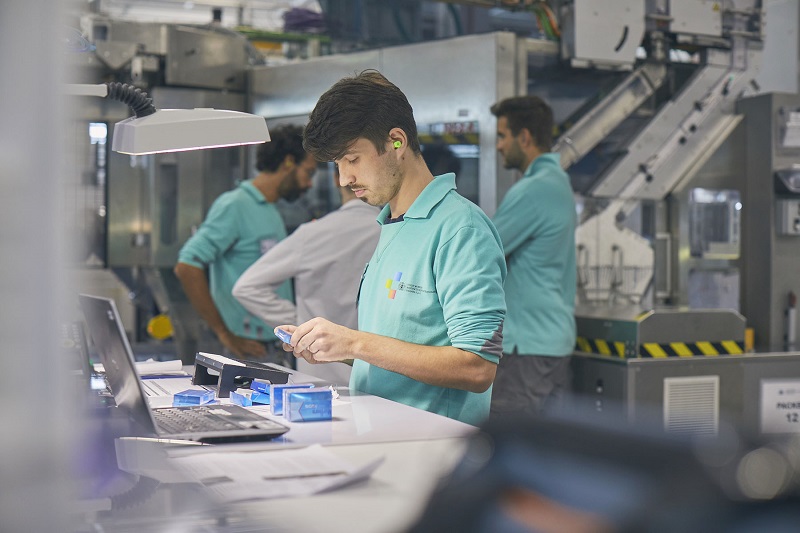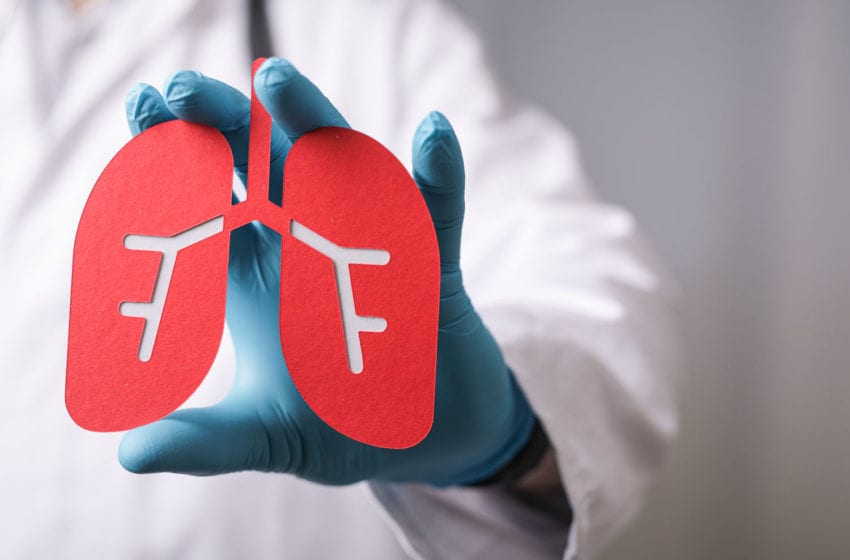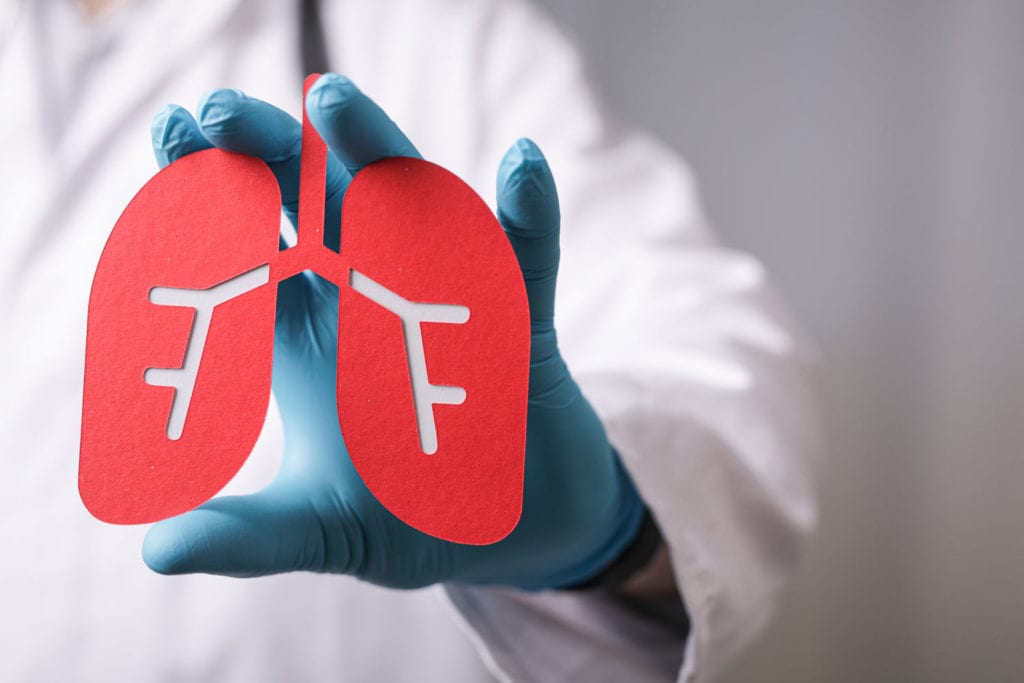
Philip Morris International’s CEO, Jacek Olczak, has called on the U.K. government to ban cigarettes within the next 10 years.
Olczak said PMI could “see the world without cigarettes … and actually, the sooner it happens, the better for everyone,” according to the Guardian.
“Give [people] a choice of smoke-free alternatives … with the right regulation and information, it can happen 10 years from now in some countries,” said Olczak. “You can solve the problem once and forever.”
PMI recently stated that it wants half its turnover to come from nonsmoking products as it pushes its new mission to “unsmoke the world” by phasing out cigarettes. The company has come under scrutiny, however, by anti-smoking groups that feel tobacco companies are situating themselves as part of the solution while still promoting and selling cigarettes.


We welcome PMI’s commitment to reduced-risk products. However, there are millions of adults who enjoy smoking cigarettes and don’t want to quit and that choice must be respected.
Simon Clark, director, Forest
Smokers’ rights group Forest rejected PMI’s suggestion.
“We welcome PMI’s commitment to reduced-risk products. However, there are millions of adults who enjoy smoking cigarettes and don’t want to quit and that choice must be respected,” said Simon Clark, director of the smokers’ lobby group Forest.
“If Philip Morris wants to leave smoking behind, good luck to them, but banning cigarettes won’t stop people smoking. It will simply drive the product into the hands of criminal gangs who will happily sell illicit and counterfeit cigarettes to anyone who wants them, including children.
“We support the carrot not the stick approach to smoking cessation. Trying to force smokers to quit by banning cigarettes is illiberal and a fool’s errand that will end badly.”



















